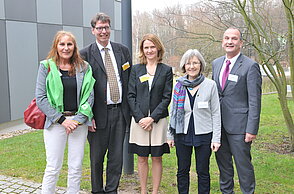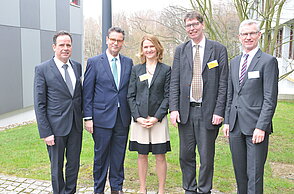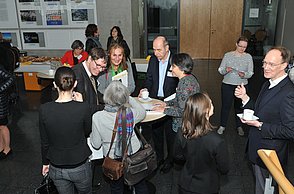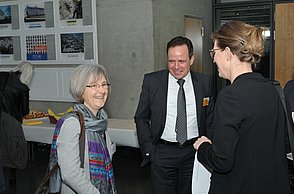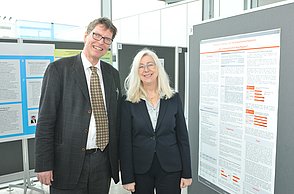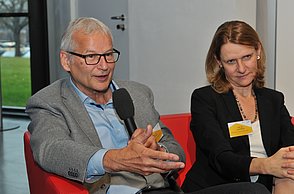The Sustainable Development Goals (Agenda 2030) can only be achieved in rich economies if new forms of consumption (sufficiency) are introduced alongside improved production processes (efficiency). This includes both the quality and quantity of products. Premature obsolescence can lead to increased resource consumption and environmental pollution, as can the shortening of innovation cycles. This addresses issues of traditional consumer protection as well as more recent behavioral research (behavioral economics). The social and economic implications of <link forschung forschungsschwerpunkte vunk nachhaltiger_konsum den link auf dem gleichen>sustainable consumption appear, for example, in the production conditions for textiles in countries of the global South, but also in the design of financial service products that are intended to provide for old age. The Consumer Research Forum highlighted different approaches to how sustainable consumption can succeed. Various facets of the consumption of the future were analyzed and open questions were identified that require further interdisciplinary research.
The Consumer Research Forum was carried out in cooperation with the Consumer, Market and Policy Research Center (CCMP).
Here you can download a zip file with the currently available conference documents.
A comprehensive scientific conference volume will document the contributions to the Consumer Research Forum. This will also include contributions to most of the posters presented at the conference. You will find more information here from summer 2018.








